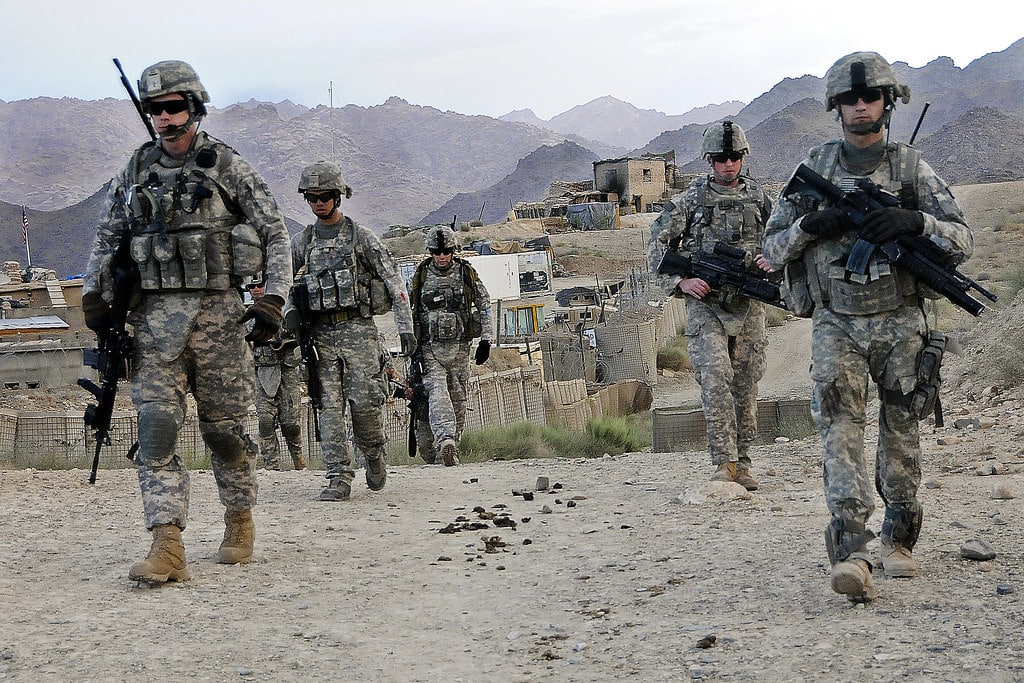
Senate Votes To Continue Forever War
Currently, the U.S. Senate is in the process of debating the repeal of the authorizations for the use of military force that were passed in 1991 and 2002 which authorized both Iraq Wars. That’s right, the U.S. Senate is just now getting around the formally ending the authorization to use force for wars that were concluded as long as 32 years ago. The repeal is expected to pass the U.S. Senate.
As a part of the debate, U.S. Senator Rand Paul (R-Kentucky) filed an amendment to repeal the 2001 authorization for the use of force. This is the one that authorized the war in Afghanistan, which was concluded with the defeat of the U.S. and the return of the Taliban to power in that country in 2021. The 2001 authorization for the use of force has led to the U.S. military being deployed all around the world ostensibly to combat al-Qaeda.
The problem with the 2001 authorization is that it is notoriously open-ended and essentially permits the deployment of the U.S. military to combat al-Qaeda, or any other terrorist organization, in any country without a vote of Congress. Granted on issues of war and peace, the U.S. Congress is largely worthless and doesn’t really do anything to prevent the U.S. from going to war. After all, every military operation, no matter how dubious, always gets funded. But it is nice to have Congress occasionally go through the motion of actually debating issues of war and peace.
Paul forced the U.S. Senate to debate and vote on his amendment. The amendment predictably failed by a vote of 9 to 86. Four Democrats, four Republicans (Rand Paul, Mike Lee, J.D. Vance, and Mike Braun), and Bernie Sanders voted for it. The other 86 declined to take back war powers and decided to keep them in the hands of the executive branch.
“Today, I offered the U.S. Senate a chance to repeal the 9/11 2001 Authorization for War to reclaim our constitutional power and send a message to the world that we are a nation of peace. That when provoked to war, the gentle giant that is America will respond lawfully according to the Constitution, that when war is absolutely necessary, America will obey the Constitution, which requires us to debate and vote upon war and not hide beneath another generation’s deliberations. Today, we should have risen above symbolism and repealed the 9/11 authorization for war and shown our respect for the Constitution, our fealty to the rule of law, and our sincere desire that peace, not perpetual war, be our legacy,” said Paul in a statement issued by his office after the vote.
The power to make war and peace is the most impactful power exercised by the U.S. Congress. That very power could destroy nations and send untold numbers of men and women to their deaths. It is a shame that the U.S. Congress does not seem to have much interest in exercising that power and instead chooses to delegate it to the executive branch.
Even the Iraq War authorization repeal has a rough road ahead of it after Senate passage. It is far from certain that the U.S. House will support it. The House recently defeated a resolution to end the Forever War in Syria.



